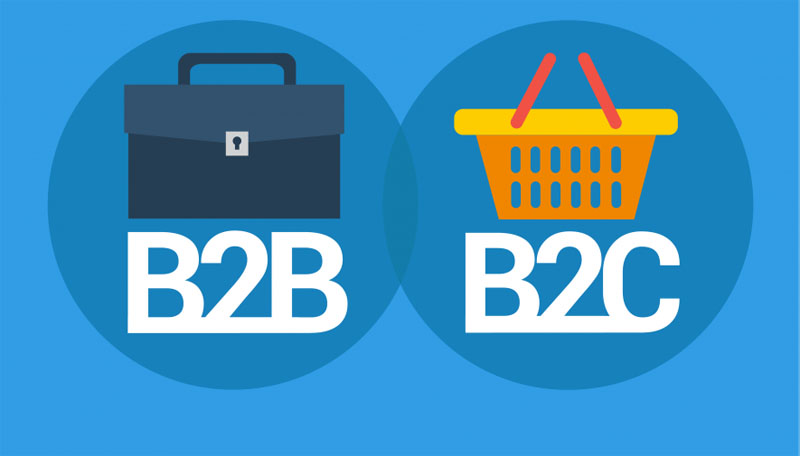Demand is often considered to be a key driver of the B2C market, while the level of consumer confidence has a direct impact on the value of goods and services sold by companies.
The issue is slightly more complex in the B2B market, however, even though some markets see increased consumer demand encourage firms to increase their inventory.
In this article, we’ll delve deeper into this while asking how an increased demand for products affects B2B firms like Schneider Electric.
How Does Demand Impact on B2B Firms?
Firms like Schneider Electric offer an interesting case study, as they sell a range of products that are tailored primarily to commercial needs (namely surge protectors and uninterruptable power sources).
Typically, firms of this type tend to sell primarily to the B2B market, meaning that they’re largely reliant on commercial demand for their revenue. So while they do sell direct to homes, there’s no guarantee that they’ll see increased demand during the festive period.
However, like brands such as Microsoft (who admittedly sell a higher percentage of their products direct to the consumer), Schneider Electric tends to see an increased demand at Christmas time as its turnover increased accordingly.
This also translates into higher levels of profitability, not least because B2B suppliers often place a premium on their products. The reason for this is simple; as they’re typically commercial grade and offer a wider array of features to buyers.
What About the Share Price?
For B2B firms, the impact of increased demand is particularly confusing when it comes to share prices.
After all, a quick look at the share performance of Schneider Electric over the course of the last year shows that values declined during the last festive period, diving to 62.01 on December 20th before rising to sharply to 71.00 in June 2018.
Microsoft showcased a similar trend, as its share values plummeted to 84.69 on December 19th. However, the price peaked at a hefty 115.61 on October 1st, arguably in anticipation of upcoming consumer holidays such as Cyber Monday.
Clearly, there’s no direct correlation between demand and share prices in the B2B market, with values influenced by several additional factors.
These include to prevailing economic climate, for example, as evidence of a declining market or diminished earnings forecasts tend to discourage investors and cause the demand for shares to fall regardless of the firms real-time performance.
This is an important consideration for investors, particularly those with an eye on the B2B market. After all, demand alone should not be used as a metric on which to base your decisions, as you should consider a wider array of data before executing your orders.
Sources: investopedia.com / schneider-electric.com
Related Posts
« Immigration is key to economic growth in the US – Here’s why! Factors affecting the energy sector going into 2019 »







